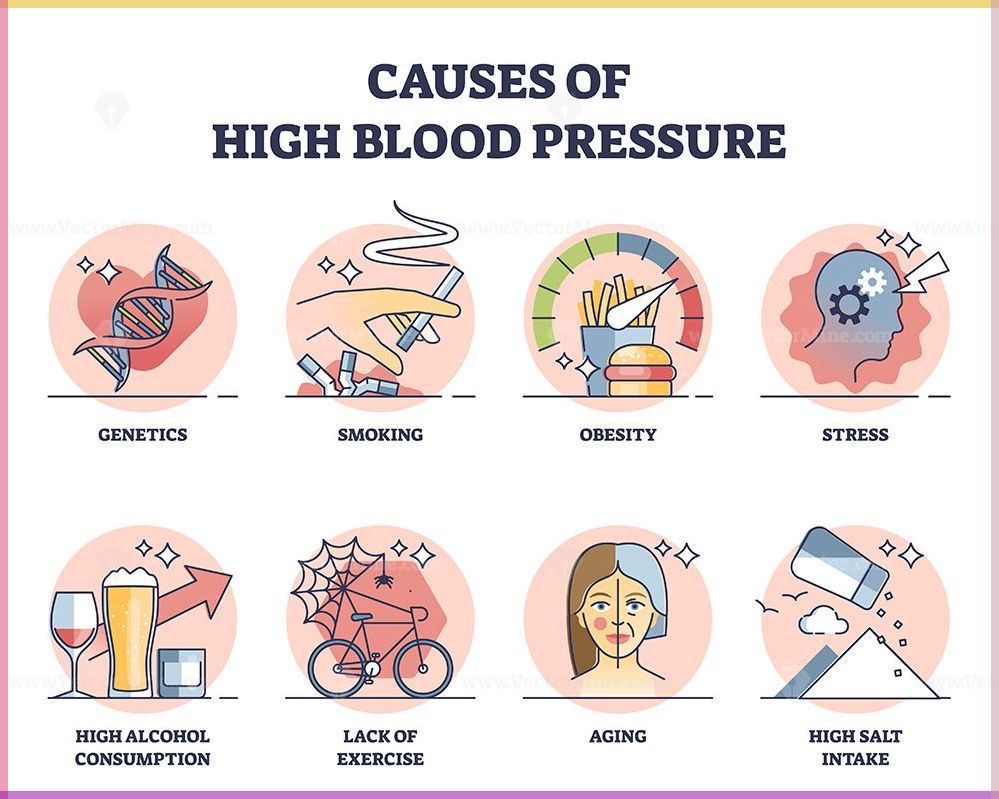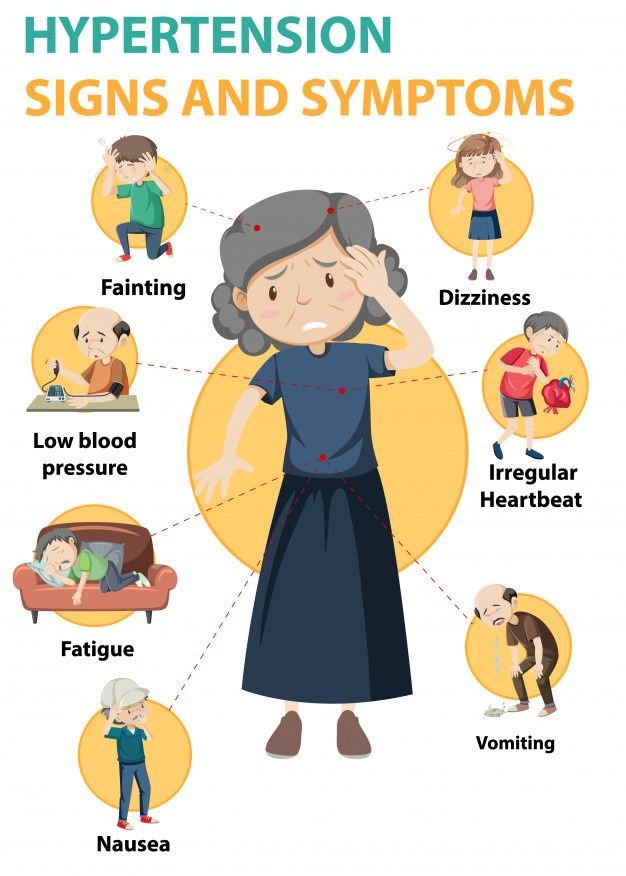UNDERSTANDING HYPERTENSION: The Silent Killer
Hypertension, commonly known as high blood pressure, is a chronic medical condition in which the force of the blood against the artery walls is consistently too high. Often called the silent killer, it can cause severe health complications and significantly increase the risk of heart disease, stroke, and kidney failure, often without any warning signs or symptoms.
What Is Blood Pressure?
Blood pressure is the measurement of the force your heart uses to pump blood through the arteries. It’s recorded as two numbers:
• Systolic pressure (top number): the pressure when your heart beats.
• Diastolic pressure (bottom number): the pressure when your heart rests between beats.
A normal blood pressure reading is usually around 120/80 mmHg. Hypertension is diagnosed when the reading is consistently 140/90 mmHg or higher.
Causes and Risk Factors
Hypertension can be primary (essential) with no identifiable cause, or secondary, resulting from another medical condition.
Common risk factors include:
• Poor diet (especially high salt intake)
• Lack of physical activity
• Obesity or being overweight
• Excessive alcohol consumption
• Smoking
• Chronic stress
• Genetics and family history
• Aging

Symptoms of Hypertension
Most people with hypertension experience no symptoms, even at dangerously high levels. However, some may report:
• Headaches
• Blurred vision
• Chest pain
• Dizziness
• Fatigue or confusion

These symptoms often appear only after the condition has reached a severe or life-threatening stage.
Complications of Untreated Hypertension
If not managed properly, hypertension can lead to:
• Heart attack or stroke
• Aneurysm
• Heart failure
• Kidney damage
• Vision loss
• Cognitive issues or dementia
Prevention and Management
- Lifestyle Changes
Making healthy lifestyle choices is the first line of defense:
• Eat a balanced diet rich in fruits, vegetables, and whole grains
• Reduce salt and processed food intake
• Exercise regularly (at least 30 minutes most days)
• Maintain a healthy weight
• Avoid smoking and limit alcohol
• Practice stress-reduction techniques (e.g., meditation, deep breathing) - Monitoring and Treatment
Regular blood pressure checks are essential. For those diagnosed, doctors may prescribe antihypertensive medications alongside lifestyle changes.
How Nuga Best Can Help?
At Nuga Best, we provide non-invasive, natural solutions to support cardiovascular health. Our therapy equipment, such as far infrared heating pads and spinal care devices, promotes improved blood circulation, stress relief, and muscle relaxation, all of which can help manage blood pressure levels naturally.
We offer free therapy trials, professional consultations, and a comfortable environment to support your journey to better health.
Final Thoughts
Hypertension is preventable and manageable, but early detection is key. Whether you’re living with high blood pressure or aiming to prevent it, Nuga Best is here to help you take control of your health — naturally and effectively.
Visit us today to learn more or book a free session. Your heart will thank you.



